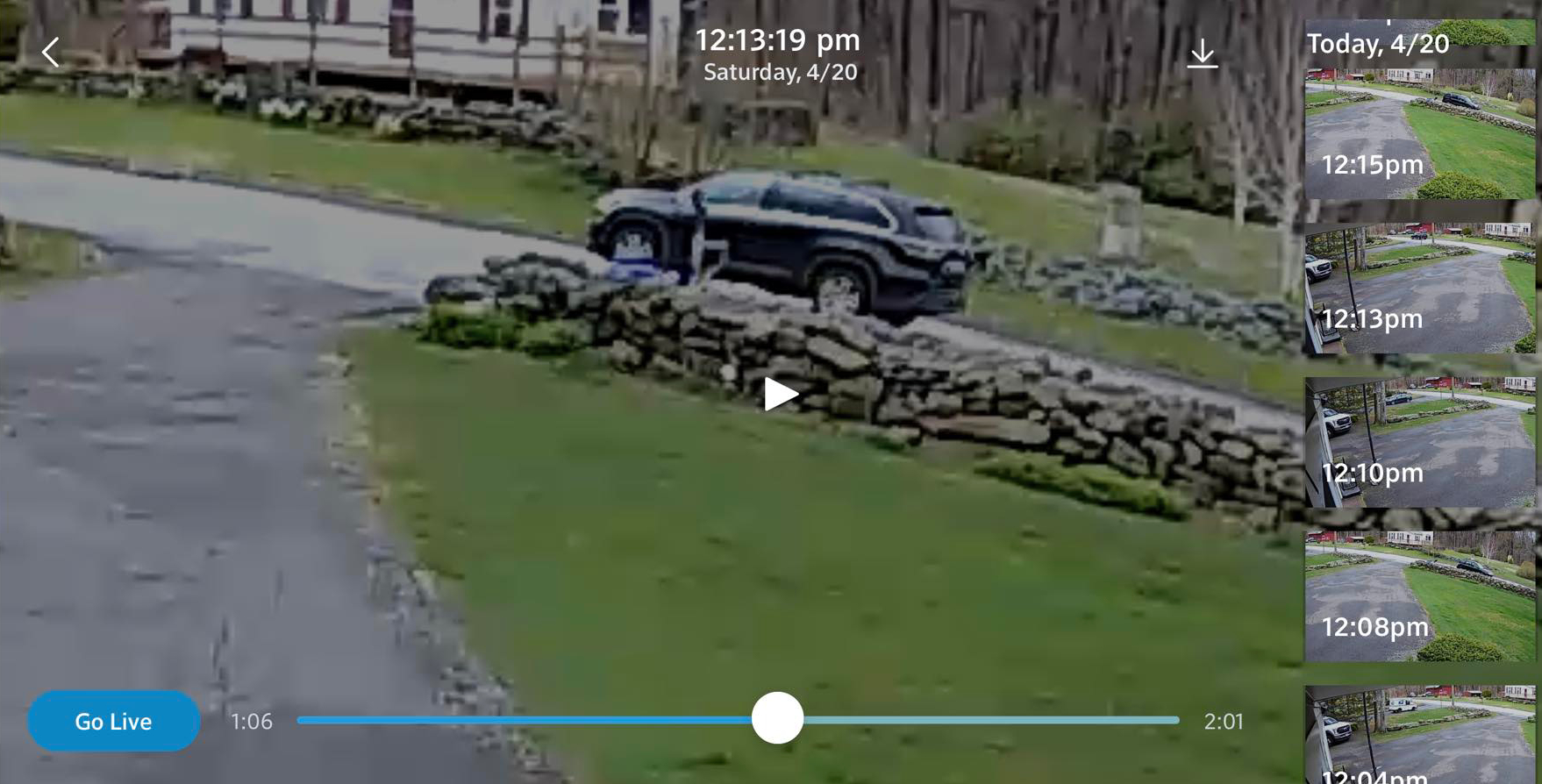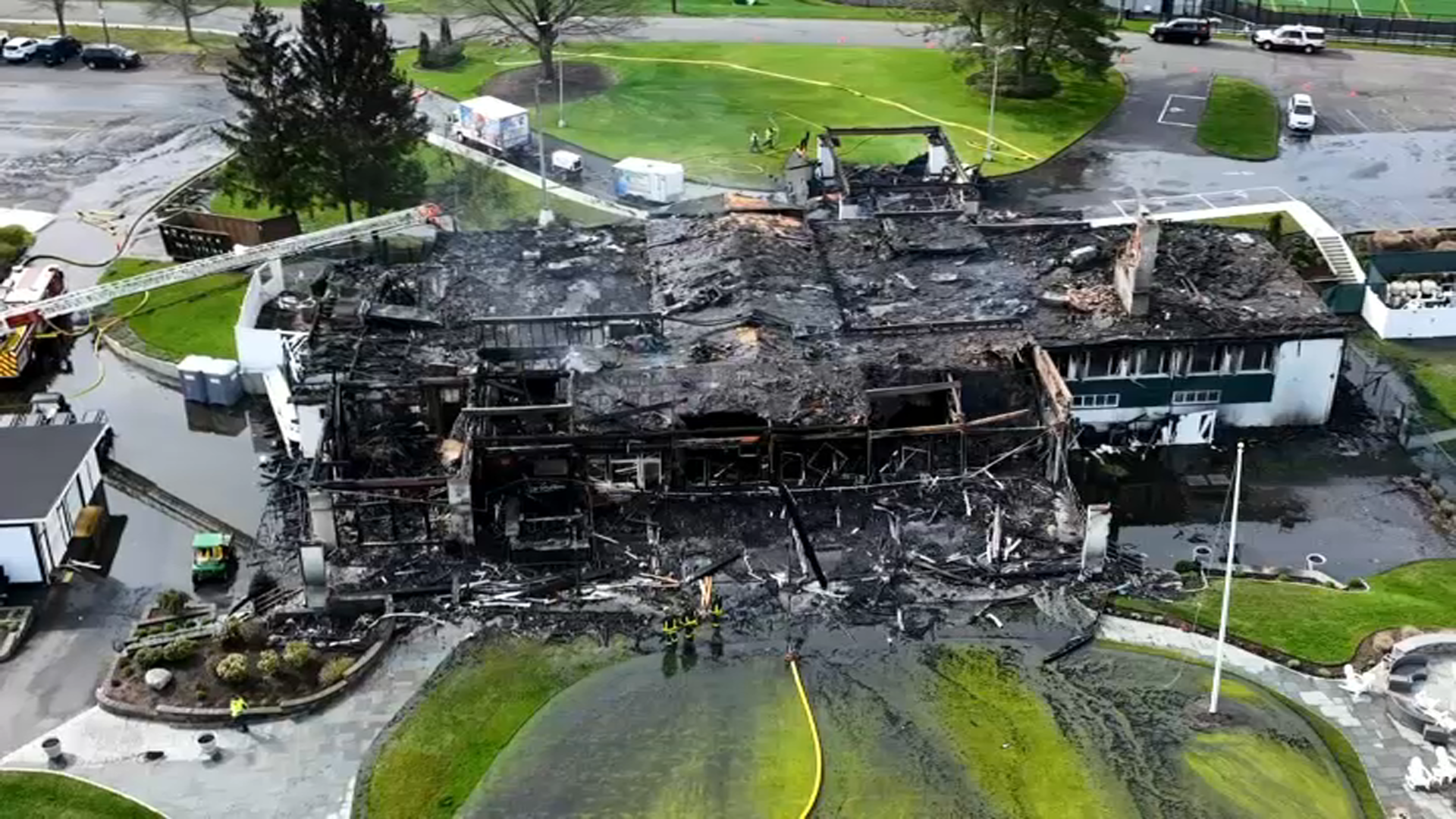When Maureen LeBlanc of Enfield slipped on a magazine and hit her head, she had no idea of how severe the side effects would be. She suffered a concussion and developed a stutter. That made her job as an office manager difficult since she did a lot of talking.
“It was very frustrating. My head felt cloudy all the time. I couldn’t think; I couldn’t concentrate. The words just didn’t want to come out,” LeBlanc said.
The memory of the fall was also traumatic.
After living with the stutter for almost four months, she heard about Laney Rosenzweig, a West Hartford counselor who developed a different kind of treatment for many conditions.
She said she was cured in one session.
“It was just amazing, one session. About three quarters of the way through, she looked at me and she said you’re not stuttering. Did you notice that?,” LeBlanc said.
The therapy is called Accelerated Resolution Therapy.
Local
Rosenzweig said she uses rapid eye movements, which normally happen when people sleep and problems are processed. She has developed a way to wave her hands back and forth as patients watch.
Rosenzweig said patients have disturbing images in their head, perhaps war battle zones from Post Traumatic Stress Disorder or sexual assault.
“They come in with these negative images. Those images are causing symptoms, whether it’s depression, anxiety, intrusive thoughts, inability to focus,” Rosenzweig said.
She said she can stop bad images from being repeated in a patient’s head, by changing how the memory is recalled.
“So now when their brain goes back to see that time, they’re seeing the new images,” Rosenzweig said.
Researchers at the University of South Florida College of Nursing are studying the technique, funded by a $2.1 million grant from the Department of Defense.
Rosenzweig is a part-time faculty member at the school.
The government is looking for ways to help treat soldiers who return from Iraq and Afghanistan with P.T.S.D.
At a recent event for the group Joining Forces, First Lady Michelle Obama referenced a trial of ART to help soldiers and their families.
Mrs. Obama told a crowd of nurses that a new therapy is being used to treat PTSD and talked about a veteran named Josh Thomas who suffered from insomnia, anxiety, nightmares and depression.
Mrs. Obama quoted Josh who said: “Before the therapy, I didn’t feel I had any control over my life, or the sinking feeling of drowning. But after the second session, I feel I have some control, and am actually swimming – getting somewhere. This therapy changed my life.”
The treatment is not widespread.
Rosenzweig has trained about 130 other therapists so far and hopes that number grows.
The American Psychological Association says that while it “Does not approve or endorse specific therapy techniques, we do encourage assessment of new psychotherapies through well-designed research studies. Any use of new therapy techniques, including Accelerated Resolution Therapy, should be based upon what is learned in current research about its effectiveness with specific clinical populations for specific mental health problems. There are a growing number of studies testing this technique and its effectiveness.



